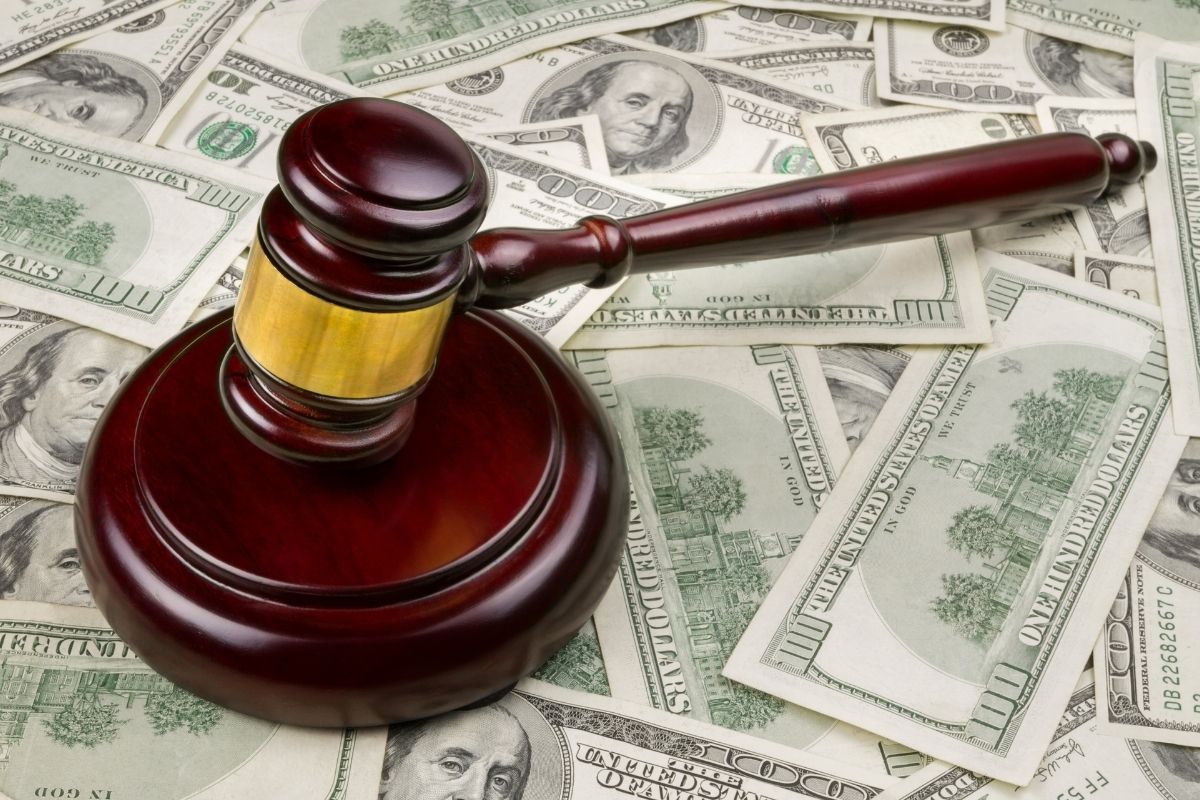An injury claim seeks to make you whole for expenses incurred and income lost as the result of an accident or injury, including expenses incurred and income lost as well as any assets necessary to cover debt payments. A judge may order you to turn over these assets in order to cover these debts.
Future earnings, property ownership and expected income sources like dividends and royalties can all be garnished; certain assets like social security and retirement income cannot.
Judgments
When a court awards damages in a lawsuit, it will issue a judgment against the defendant to cover your losses. Sometimes judges will award you up to maximum payout allowed under their insurance policies – meaning you could receive more than what was covered by an insurer alone.
Even if a defendant lacks assets or income at this time, collection techniques such as wage garnishment, property liens and bank account levies may still be effective in collecting their judgment. Although this process takes time and requires constant oversight by the plaintiff, their debtor’s circumstances could change at any point during collection; interest charges typically accrue regardless of current ability.
Establish a Payment Plan
Class action lawsuits are an effective means of holding companies responsible when their actions impact numerous consumers. When class action settlements are awarded, their total sum will need to be distributed among thousands or millions of Class Members, potentially making the individual award amounts quite small for each one of them. Luckily, class action suits also enable common funds to increase the size of awarded sums so everyone is made whole after the verdict has been announced.
Court Orders
One of the primary motivations for legal action is seeking compensation for loss or injury sustained, whether this comes through negotiation with defendant or litigation. When this fails, however, enforcement may become necessary – especially when one side cannot pay its judgment and you need to protect your rights as the victim.
Court orders are rulings made by judges during proceedings that mandate or permit one or more parties to take certain steps related to a case. It often takes the form of formal proclamations signed off by the judge and can either be temporary or final in nature.
In order to enforce a court order, you should serve it on all parties involved at their actual addresses (home, any additional addresses they own, work), as well as anyone associated with them (i.e. friends and family). Freezing orders allow you to prevent money or property belonging to either side from changing hands without your approval; charging orders allow you to claim interest on properties owned by parties until they pay what they owe;
As some debtors may try to conceal assets overseas or in separate accounts, professional help is key in tracking down your creditors. An experienced legal expert can assess the financial position of your opponent immediately and offer invaluable advice for future potential issues that could arise later on.
Settlements
In most instances, it makes more sense to attempt and settle a lawsuit outside of court. Barring serious allegations such as wrongful death, trials tend to be time and cost prohibitive for both sides; settlements tend to be faster and cheaper; both parties agree on an award to compensate the plaintiff for any losses suffered during litigation.
People who win lawsuits against defendants typically collect their awards through their insurance company, such as car accident cases where the driver’s insurance will cover up to their policy limit. In certain situations, however, defendants may lack insurance or not enough of it to cover damages; then courts can order them to pay through wage garnishment or property liens.
Class action lawsuits provide an effective means for many victims of wrongdoing to seek relief through collective legal actions against corporations. When this occurs, companies typically make large settlement payments that must then be divided among thousands or millions of consumers known as Class Members; when structured as “claims made” settlements unclaimed funds do not revert back to defendants; instead they are distributed according to how the agreement was written.
States also often have a say in how their share of settlement money is distributed, for instance Connecticut will soon receive $36 million as its share from Standard & Poor’s legal settlement relating to allegations that it mislead investors about mortgage-backed securities prior to 2008 financial crisis and misled investors regarding mortgage-backed securities misselling allegations. It will use this sum for state programs, pension systems and other government entities.
To win their case, plaintiffs must prove both damage and liability against the defendant. A court may order them to make certain changes (known as equitable relief). Most civil suits dealing with personal injuries or wrongful deaths tend to settle out-of-court since this can be cheaper and faster; but if negotiations fail between both parties on an award amount, then a judge or jury will ultimately make this determination at trial.



